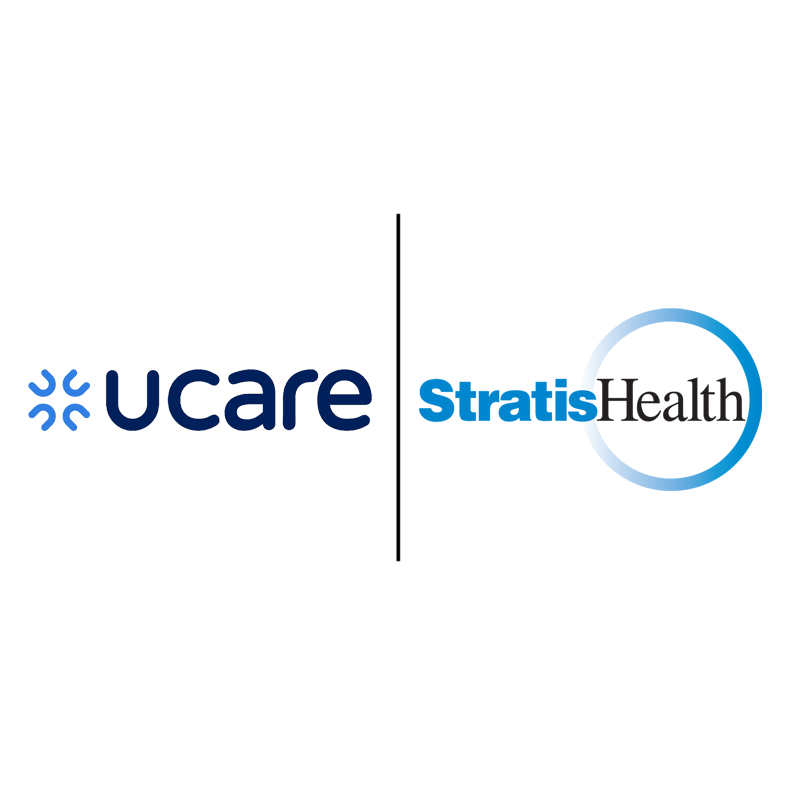The refreshed online learning and resource center enables users to address inequitable care and biases and improve patient and community health.
Stratis Health and UCare understand that health starts in our homes, our schools, and our communities. About 80% of people’s health is the result of socioeconomic status, physical environment, health behaviors, and biology, compared with medical services rendered by a doctor, clinic, or hospital, which determine about 20% of a person’s overall health*. Yet, health screenings, referrals, and care processes rarely take community-based social drivers of health or social determinants (or drivers) of health (SDOH) into account. In addition, the impact of systemic racism and unconscious bias has largely gone unaddressed in determining health care access, treatment, and outcomes in communities of color.
Culture Care Connection is changing that dynamic with a comprehensive redesign of its unique online learning and resource center, originally launched in 2008. The goal is to support clinical and non-clinical health professionals with tools and resources to build awareness skills and encourage action to help them be responsive to and supportive of the diverse patients and communities they serve. The refreshed site enables users to take steps to address inequitable care and biases and improve patient and community health.
“For many people, the pandemic and racial justice crises widened already large, persistent gaps in health care benefits and services,” said Sue Severson, vice president, health information technology services for Stratis Health. “Culture Care Connection is an aid in closing some of those gaps and is part of Stratis Health’s broader strategy to support a system that is attuned to SDOH and bridges health care and community to more holistically meet patient needs.”
Numerous studies show that health care professionals are prone to implicit biases, which can impact clinician-patient interactions. Clinicians may provide the same information to all patients about treatment choices, risks, and outcomes, but nonverbal cues can counter efforts to display empathy or build rapport. Clinician bias can change a patient’s behavior, resulting in higher treatment dropout, lower participation in screenings and vaccines, delays in filling prescriptions, poorer perception of care quality, avoidance of health care, and ultimately, worse health outcomes.
“UCare is excited to strengthen our partnership with Stratis Health as we continue to advance health and racial equity for our members and communities,” said Ghita Worcester, UCare’s senior vice president of public affairs and chief marketing officer. “Helping our provider partners take action and stay current about health equity, disparities, anti-racism, and related topics helps them deliver the best possible patient care and helps patients achieve their best possible health.”
Culture Care Connection’s robust new section on addressing bias and driving equity provides resources for health care providers to start their journey of identifying bias and building anti-racist cultures. The enhanced learning and resource center complements Stratis Health’s and UCare’s commitment to a multi-year health and racial equity initiative fostering anti-racist policies and practices among Minnesota’s health care stakeholders.
*University of Wisconsin Population Health Institute, Robert Wood Johnson Foundation. National County Health Rankings Project. December 2011 https://www.countyhealthrankings.org/
About UCare
UCare is an independent, nonprofit health plan providing health care and administrative services to more than 550,000 members throughout Minnesota and parts of western Wisconsin. UCare partners with health care providers, counties, and community organizations to create and deliver Medicare, Medicaid, and Individual & Family health plans. All its plans are National Committee for Quality Assurance (NCQA) certified.

